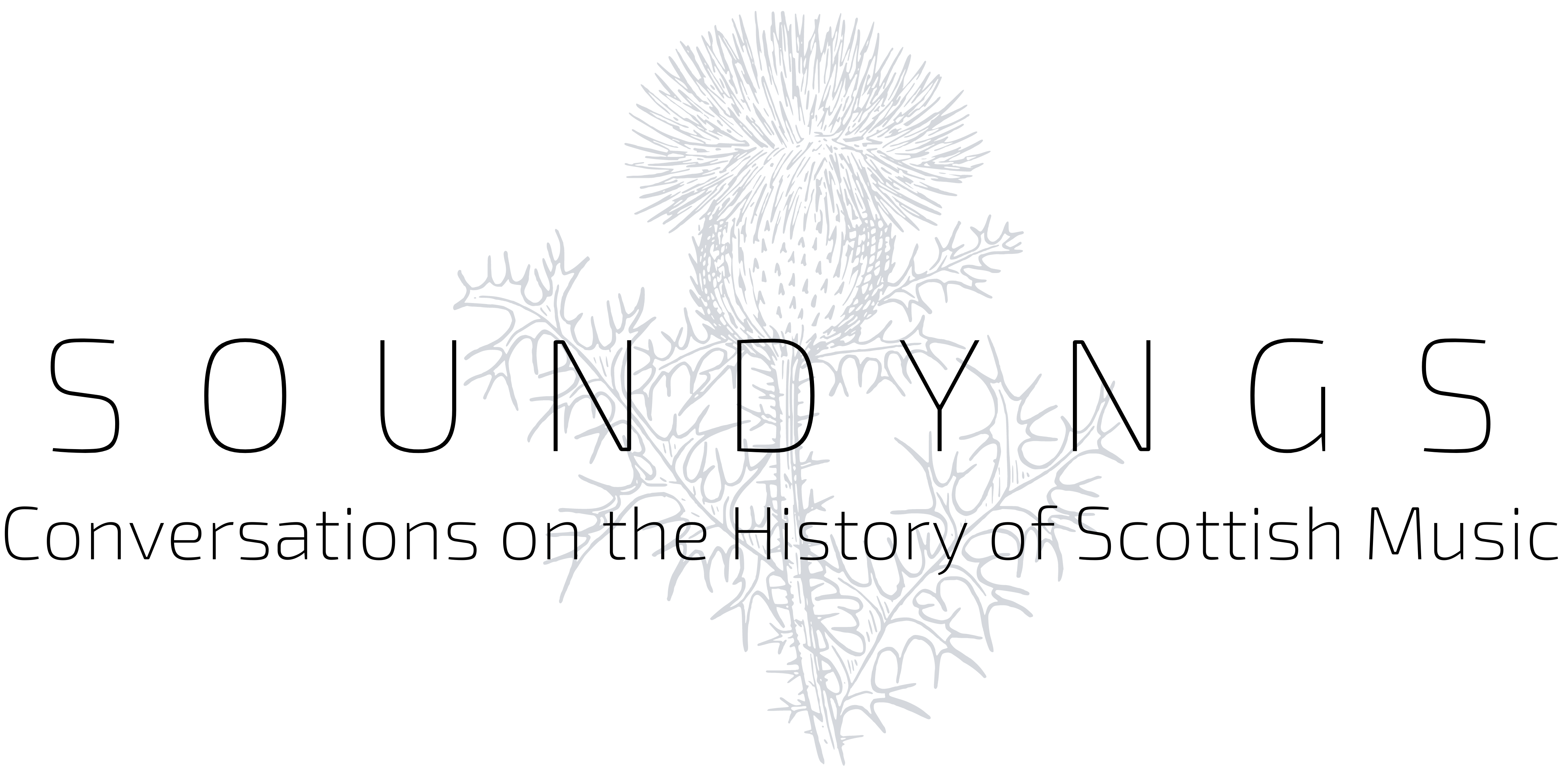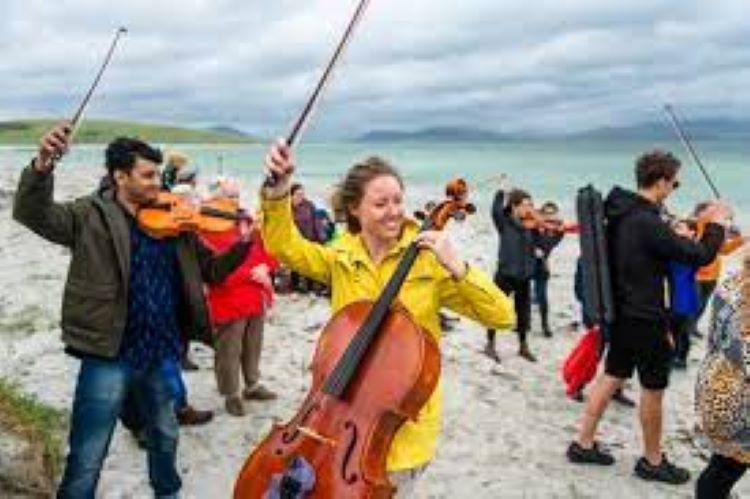Sometimes histories are cut short before they have fully played out. Soundyngs is sad to hear that the Nevis Ensemble are folding because of funding cuts. The three-way funding package it received from the Scottish Government, Creative Scotland and the city of Glasgow was dented when first the Creative Scotland core budget was cut, and then holed below the waterline when their application to the city of Glasgow £100,000 was turned down.
While the economic downturn is biting everywhere, this news matters because it will impact access to new music in some of Scotland’s most deprived communities. The Nevis has been dedicated to widening access to classical music to people from all backgrounds and income levels since they were founded in 2018. In their 4 years of operation, despite COVID19 lockdowns, they have given over 700 performances in venues as diverse as the summit of Ben Nevis, swimming pools, parks, homeless centres, train stations, and of course online, reaching an estimated audience of about 200,000 in that period. They employ 9 staff, and have a regular playing association with another 18 musicians. And now, no more.
When Covid19 stopped in-person live music, the Nevis worked inventively with young people around Scotland using digital technology. New compositions from that period and since have thematically engaged with the Scottish natural environment in ways that contribute to the current debates about the role of culture in long-term sustainability. And this has been recognised. Lochan Sketches won an ISM Award for new music, and the group won an Environmental Sustainability Award at the Scottish Awards for New Music in 2020. The 2020/21 recordings made as part of the national Year of Coasts and Water (see listening below) were similar creative milestones, and contributed to the Nevis being shortlisted in 2022 for the Classical:NEXT Innovation Award.
The Nevis has also contributed to new work which engages with access to music and musical experiences by people of disability. Sonia Allori, a composer whose doctoral work was carried out with the Royal Conservatoire of Scotland, has had new work jointly commissioned by Drake Music Scotland (who work with therapeutic music) and performed by the Nevis Ensemble that explores how music is experienced by people who – like her – suffer from hearing loss. Allori’s post-Covid19 piece “Room to Breathe” explored the simple life-giving act of breathing alongside text, spoken word, song, electronic and live instrumental sounds (see below, resources).
Creative Scotland, Scotland’s arts funding body and one of the Nevis’s core funders, has recognised the work done by the Nevis Ensemble: for example, here, spotlighting their work with Young Carers in 2021. The Nevis’s most ambitious project, in 2022, was to set up a new performance base (‘Platform’) in Glasgow’s Easterhouse, one of Scotland’s most socially deprived communities, to provide a permanent presence there guaranteeing more than a short-term project impact. The doors close on this within months of their opening.
Scotland (rightly) points to the successes of its flagship festival projects in rejuvenating communities and business; Soundyngs has just posted about Celtic Connections in this respect. But it’s the grass roots creativity of projects such as those championed by the Nevis which translate short-term, once-a-year international gatherings into longer-lasting impacts in local communities. Playing and experiencing music together can help some of the most challenged people in our communities feel more connected with one another. Put simply, it’s a healthier way to experience elation than many other methods rife in modern Scotland. If there is someone with a spare half a million out there who wants to pick up the pieces, the door is open.
Further Reading and Listening:
- Nevis Ensemble’s Youtube channel – catch it while it lasts
- Scots Medley arranged by Gordon Cree (The Flowers o’Edinburgh, The Mist-Covered Mountains of Home, Loch Lomond and Auld Lang Syne)
- Saltcoats Eight Bit (2021) – composed by Harry Gorski-Brown, with pupils from St Anthony’s Primary School, Saltcoats, part of the ‘Water Story’ project supported by the Year of Coasts and Water (2020/21)
- Meet you at the beach (2021) composed by Lisa Robertson – written for young people from Aberdeen; another ‘Water Story’ piece
- Sonia Allori, ‘Adapting practice through a pandemic and increasing hearing loss (when you’re not Beethoven)‘, in Itamar: Revista de Investigación Musical, 8 (2002)
- Sonia Allori’s website

